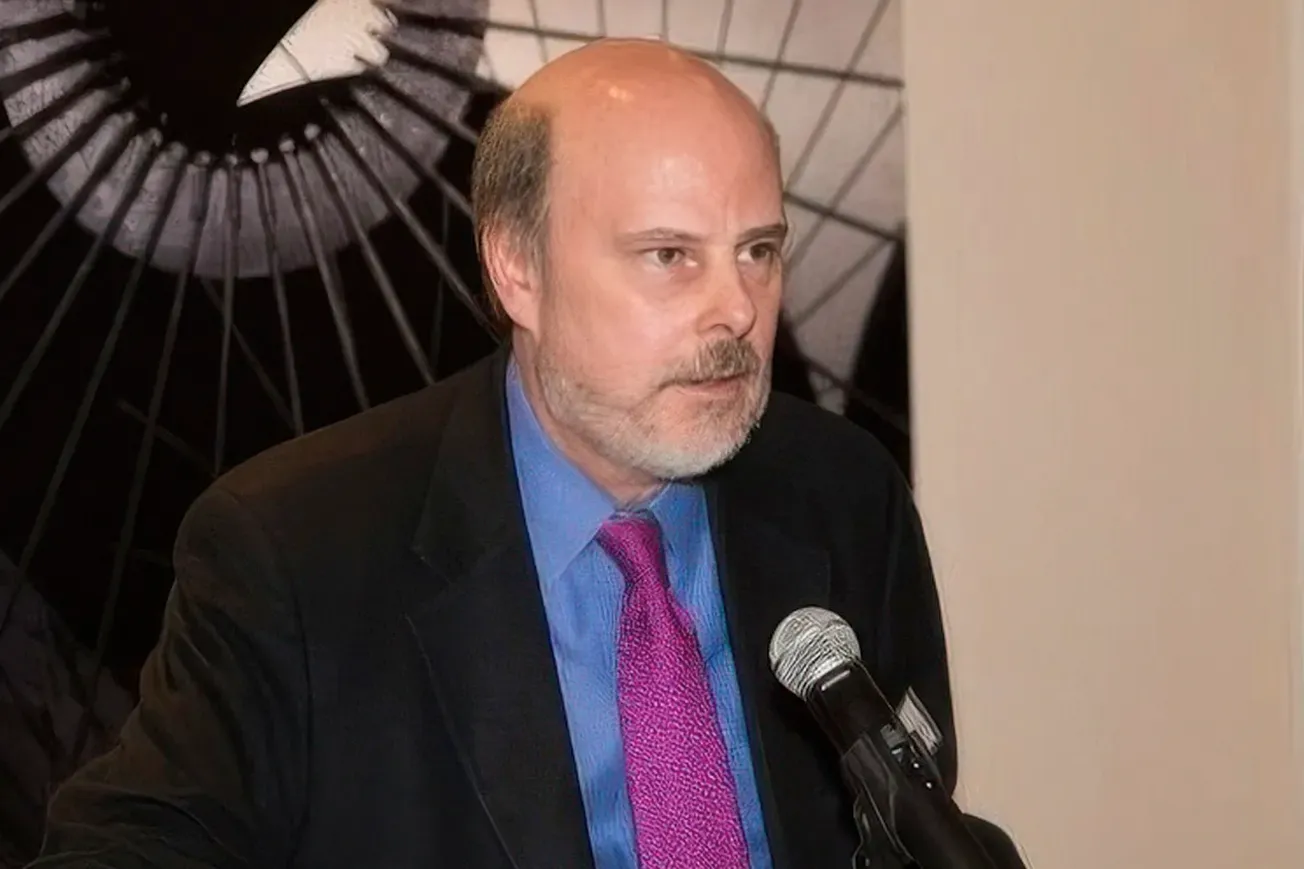Amid the welter of news in recent weeks, the Supreme Court’s decision to discard the so-called Chevron Deference has received far less attention than it deserves. By overturning the 40-year-old precedent — which held that courts should accept reasonable decisions made by federal agencies in implementing laws enacted by Congress — the justices cleared the way for much legal wrangling over rules that govern everything from health care and labor practices to environmental protection.
In a 6 to 3 decision that overturned Chevron v. Natural Resources Defense Council, the High Court’s conservative majority found that judges should not automatically defer to experts at federal agencies, and instead use independent judgement in determining the proper scope of a statute. The dissenting justices characterized the move as “judicial hubris,” one that upends an established regulatory regime under which specialists at federal agencies with in-depth knowledge about a given issue are relied on to flesh out policy. Whatever one thinks of the legal arguments, the end of the Chevron Deference creates uncertainties for American businesses, not least retailers and health care providers, and raises new questions about the rule-making process.
Pharmacy’s quest to secure PBM reform is a case in point. Regulatory action is one avenue that pharmacy advocates hope will require changes in the way that pharmacy benefits managers apply fees under the direct and indirect remuneration provisions of Medicare Part D. DIR fees, combined with other reimbursement issues linked to PBM practices, have caused many independent pharmacies to close and the big drug chains to reduce their store count.
CMS is aware of the issue, and there were indications that it might act. The likelihood of that happening decreased considerably with the demise of the Chevron Deference. CMS regulators will now have to look over their shoulder as they do their work. Even if new rules were put in place, the Supreme Court’s decision opens new pathways for PBMs to appeal, something they would certainly do. Years of litigation would forestall reform, leaving pharmacies in limbo as they attempt to maintain their financial viability.
Other sectors of the economy will also face uncertainty as courts are asked to weigh in on the validity of regulations. The problem will be compounded by conflicting rulings in different jurisdictions. The Supreme Court’s decision to strike down the Chevron Deference has thus far won less notice than it merits, but in coming years it will likely become top of mind for executives.










